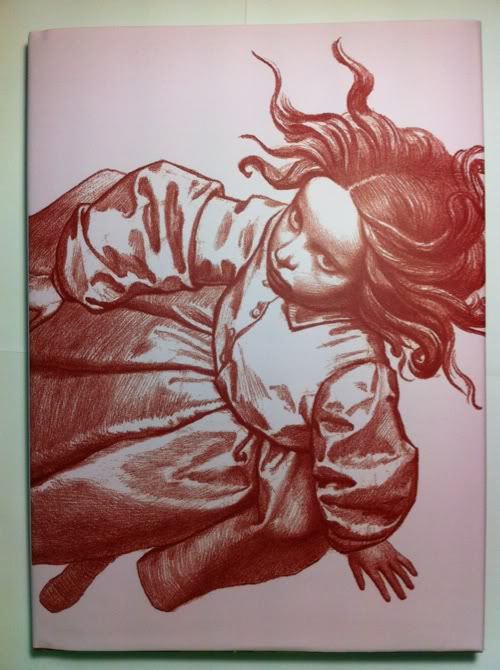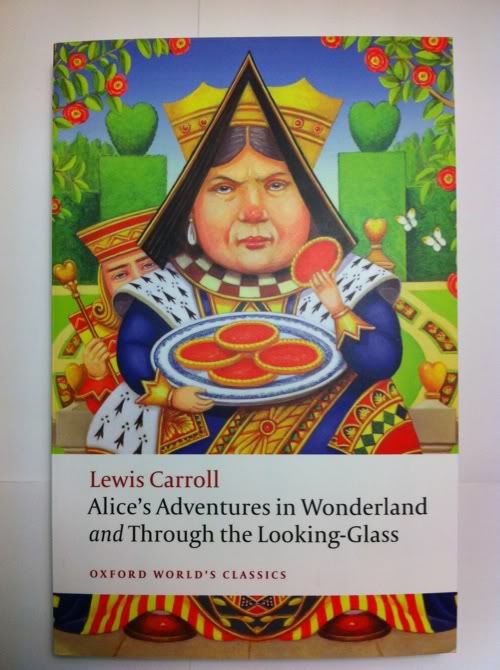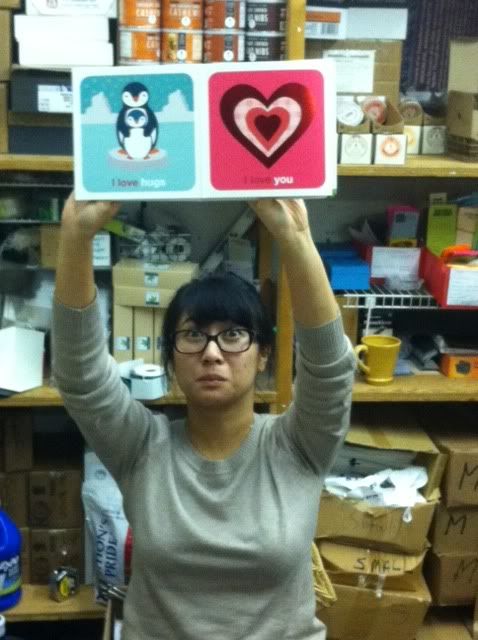We got some holidays coming up, folks! People are really into giving new books as gifts, but what about rare, out-of-print vintage cool things? Below I'm highlighting some of the most special things of all you won't find anywhere else in the WORLD but the Used Book Cellar. These are rad things you should totally give to those people on your list that have everything. 'Cuz they won't have these:
For the budding
grand sommelier, an epic-huge hardcover book "Wines of the World" with full-color photographs, endpapers and a SLIPCASE. Nothin' says class like a slipcase. The book is huge and well-bound so it lies flat. It has a bit of the history of wine, and talks about some ideas for ones to look out for, but as this was printed in 1967, the bread and butter of this book (or cheese and crackers?) is the exhaustive guide to regions, and what kinds of wine come from where, what they taste like, why they taste the way they do. A really fascinating, beautiful book. $20 smackers.
For the funny-man, kooky-lady, anglophile or philosophy major who needs a laugh over the winter break, if I were you I would SERIOUSLY consider
The Brand New Monty Python Bok [sic]. This book is rated NC-17 guys, but really there's something for everyone (over 17) here. In standard Python fashion nothing is sacred, all things are satirized and there are lots of pictures. Crude humor. Making fun of monarchs. Sex advice. Rat recipes. Fairy tales. Etiquette tips. Rene Descarte detective stories. Basically, you and anyone worth knowing deserves this book. All this can be yours for just $15 bucks. This is a HUGE savings off of the (fake) list price of £142.48½
For the history buff grampa who's always saying you wouldn't have a chance in a fight against Winston Churchill (I'm in therapy now, guys, don't worry) I present to you
The New Yorker War Album. This book was printed in 1942 and is full of New Yorker cartoons lampooning the 1st and 2nd World Wars. Full of subtle humor and slices-of-life from the years of the Great War, this would make a rare, cool gift. $14
The UBC is mad-rich in fancy art books. Big ones, small ones, expensive ones, inexpensive ones. Rare, awesome, etc. We're all over the board! Art is the way to go to impress the cultured ones in your life, and why break the bank to impress someone? Everyone is impressed by the guy or gal who can get a $75 art book for $13. Which is possible here.
So show us the goods, you might be saying? Here is but a SAMPLING dear readers:
I'm obsessed with Penguin book covers, and look at this thing we got in that I DID NOT EVEN KNOW EXISTED: A whole MONOGRAPH of the full paintings used on Penguin covers. Some beautiful, strange stuff in here. Color and black and white. A cool old saddle-stitched book of paintings by Ben Shahn. In 1949 it went for three shillings and sixpence at modern art museums EXCLUSIVELY. But YOU can have it for $5.
For $20 we have a monograph of Anish Kapoor (the shiny Chicago bean guy) that is both physically a beautiful book (shiny endpapers! handwritten notes sewn into the center of the binding!) as well as a fascinating exploration into a VERY contemporary sculptor's process, inspirations and
oeuvre.

And for $8 (this is a crazy deal) we have this really large trim-size (I'm talking 15" x 11") book of 16 color plates of French Primitives, beautiful paintings of French medieval life and interest beautifully reproduced (sometimes with metallic ink!). The pages are loose, making each leaf ready for framing!
Thanks for reading! If you have any books you want to turn into cash or store credit, we're here Wednesdays through Saturdays, 10 AM-4PM.

















































 Today I received a letter from a friend who recently moved to Morocco. A native of Ireland, this friend has lived in more countries over the past few years than I have ever seen. When I turned a page in my address book to scribble down his newest residence, it was the seventh address entered beneath his name.
Today I received a letter from a friend who recently moved to Morocco. A native of Ireland, this friend has lived in more countries over the past few years than I have ever seen. When I turned a page in my address book to scribble down his newest residence, it was the seventh address entered beneath his name.


